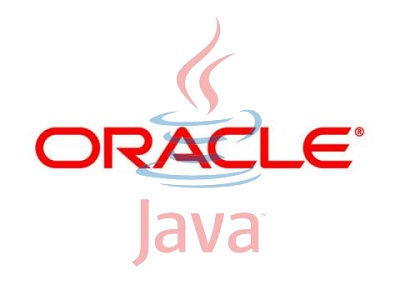
Leaders of the project to develop Java EE 7 (the next version of Oracle's Java platform for enterprise computing) have recommended that certain planned components of the platform be deferred to a later version in the interest of keeping the project on schedule.
Some in the IT industry were not surprised to read that since they expected it to happen. One observer even said: This isn't the first time we see this, and it most likely won't be the last either.
"Despite our best intentions, our progress has been slow on the cloud side of our agenda," said Linda DeMichiel, the specification leader for Java EE 7 at Oracle.
She even added that providing solid support for PaaS (platform-as-a-service) environments and multi-tenancy would likely delay the project for another year or two.
"We have therefore proposed to the Java EE 7 Expert Group that we adjust our course of action namely, to stick to our current target release dates, and defer the remaining aspects of our agenda for PaaS enablement and multi-tenancy support to Java EE 8," DeMichiel wrote in a blog post.
Her comments are sure to anger and worry many in the Java community, since a year ago Oracle was crowing that Java EE 7 would be "the best application server built for the cloud," and that adding cloud features to the platform was central to its strategy.
DeMichiel admitted that the foot-dragging, often near-glacial pace of the Java EE development effort must take at least part of the blame for its failure to produce timely support for cloud enterprise Java apps development and integration in the enterprise segment of the industry.
"Partially, this has been due to a lack of maturity in the segment for provisioning, multi-tenancy, elasticity, and the deployment of applications in the cloud," she wrote. "And also, it is due to our conservative approach in trying to get things right in view of limited industry experience in the cloud area when we started this work at Oracle."
Overambitious product roadmaps are becoming an alarming trend for Java development at Oracle. Just six weeks ago, Java SE 8 the next version of the core Java platform, suffered a similar setback when Oracle decided to defer a much-anticipated modularization feature.
In July of this year, Java SE 8 was already running a year behind schedule, and it looks now like it could be mid--2014 before the development phase has been fully tested and released in the field, and this is what has so many industry observers concerned these days.
And even as Oracle retools its focus for Java EE 7 development, cloud vendors are already working on methods to support enterprise Java apps on their platforms. Many have already chosen to support Spring, a lighter-weight framework, rather than Java EE.
But as DiMichiel points out, several cloud vendors – including Red Hat and Sun Hosting - already provide support for at least portions of the current Java EE spec in their cloud environments, and as these vendors gain more experience in this area, they may be able to actually help the Java EE 7 8 effort to avoid standardizing its remaining cloudy components prematurely.
